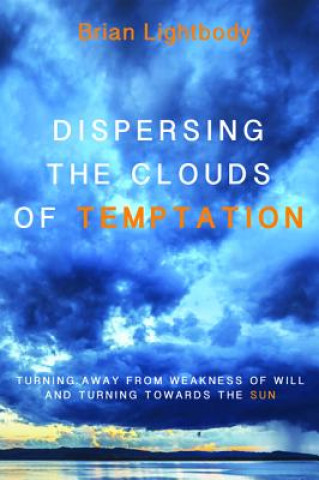
Kód: 09434743
Dispersing the Clouds of Temptation
Autor Brian Lightbody
In Romans 7:14-25, Paul declares, ""For I do not do the good I want, but the evil I do not want, is what I do"" (KJV). St. Paul's statement is a universal truth for all human beings; humans--whether Christians, Jews, Muslims, Budd ... celý popis
- Jazyk:
 Angličtina
Angličtina - Vazba: Brožovaná
- Počet stran: 154
Nakladatelství: Pickwick Publications, 2015
- Více informací o knize

Mohlo by se vám také líbit
-
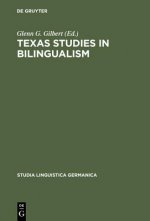
Texas Studies in Bilingualism
6489 Kč -

Missing but Not Forgotten: Men of the Thiepval Memorial - Somme
765 Kč -

7 EASY Ways to Show Your Employees YOU Care! A Booklet for Hotel Managers and Others
315 Kč -

Cottage Gray and Other Poems (Classic Reprint)
367 Kč -

Network Now A2.1 Companion, m. Audio-CD
544 Kč -

schwarze Spinne
936 Kč -

Buch von der Nachfolge Christi
565 Kč
Dárkový poukaz: Radost zaručena
- Darujte poukaz v libovolné hodnotě a my se postaráme o zbytek.
- Poukaz se vztahuje na celou naši nabídku.
- Elektronický poukaz vytisknete z e-mailu a můžete ihned darovat.
- Platnost poukazu je 12 měsíců od data vystavení.
Více informací o knize Dispersing the Clouds of Temptation
Nákupem získáte 73 bodů
 Anotace knihy
Anotace knihy
In Romans 7:14-25, Paul declares, ""For I do not do the good I want, but the evil I do not want, is what I do"" (KJV). St. Paul's statement is a universal truth for all human beings; humans--whether Christians, Jews, Muslims, Buddhists, Hindus, or atheists--are prone to committing free actions that are not ""good."" Furthermore, and irrespective of how we might construe the notion of ""good"" (whether as acting in accordance with some religious or spiritual precept or simply doing what is in one's best interest), we often knowingly and freely choose actions that may, or in fact do, harm us. There is a name given to such actions. We call them ""weak-willed."" ""Weakness of will,"" or akrasia, has perplexed philosophers, theologians, and laypersons alike for centuries. This book reveals why the idea has caused so much bafflement and consternation for so many. The main thrust of the work, however, is to illuminate and inspire: Lightbody seeks to demonstrate, concretely, how and why we are weak-willed. By extracting an ""alchemical touchstone"" from Plato's middle period philosophy, Lightbody, in addition, reveals how we may transmute harmful appetites into life-edifying passions. ""Dispersing the Clouds of Temptation reminds us of what philosophy was originally meant to be: high-level conceptual thinking employed in service of real-life problems. Lightbody's tour through the notion of akrasia doesn't just help us understand ourselves better--it helps us become who we are meant to be."" --Neal DeRoo, Associate Professor of Philosophy, Dordt College ""In this remarkable philosophical work, Brian Lightbody achieves two important scholarly aims. He brilliantly shows the central role that emotions, both positive and negative, play in the human quest of self-transformation and self-approbation. He also brings out forcefully the relevance of Plato's dialogues for a better understanding of the bodily conditions of a virtuous, good, and rational life."" --Gabor Csepregi, Vice-President (Academic and Research), Saint Boniface University Brian Lightbody is Associate Professor of Philosophy at Brock University, located in Saint Catharines, Ontario, Canada. He has published numerous articles and book chapters on such diverse thinkers as Foucault, Nietzsche, Haack, Marcuse, and Husserl, in addition to three monographs: Philosophical Genealogy: An Epistemological Reconstruction of Nietzsche and Foucault's Genealogical Method (2 vols.) and The Problem of Naturalism: Analytic Perspectives, Continental Virtues.
 Parametry knihy
Parametry knihy
Zařazení knihy Knihy v angličtině Humanities Philosophy History of Western philosophy
732 Kč
- Plný název: Dispersing the Clouds of Temptation
- Autor: Brian Lightbody
- Jazyk:
 Angličtina
Angličtina - Vazba: Brožovaná
- Počet stran: 154
- EAN: 9781610970747
- ISBN: 9781610970747
- ID: 09434743
- Nakladatelství: Pickwick Publications
- Hmotnost: 227 g
- Rozměry: 226 × 150 × 13 mm
- Datum vydání: 21. April 2015
Oblíbené z jiného soudku
-

Meditations
265 Kč -

The Myth of Sisyphus
169 Kč -

Why I Am so Clever
90 Kč -

Meditations
410 Kč -

Republic
279 Kč -

Beyond Good and Evil
258 Kč -

Gay Science
315 Kč -

Aphorisms on Love and Hate
90 Kč -
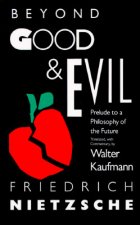
Beyond Good & Evil
322 Kč -
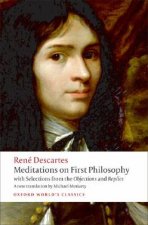
Meditations on First Philosophy
253 Kč -
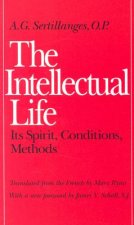
Intellectual Life
454 Kč -

Socrates' Defence
90 Kč -
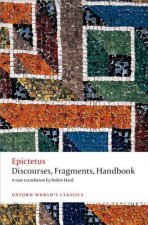
Discourses, Fragments, Handbook
306 Kč -

Ride the Tiger
590 Kč -

Thus Spoke Zarathustra
276 Kč -

Fear and Trembling
276 Kč -
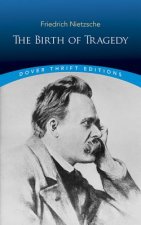
Birth of Tragedy
101 Kč -
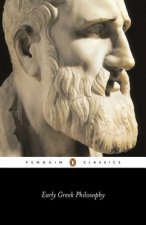
Early Greek Philosophy
357 Kč -
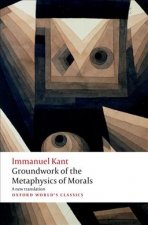
Groundwork for the Metaphysics of Morals
286 Kč -
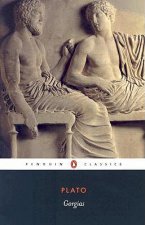
Gorgias
232 Kč -
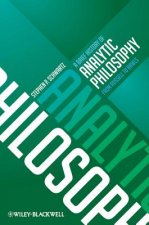
Brief History of Analytic Philosophy - From Russell to Rawls
955 Kč -
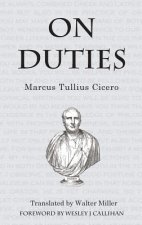
On Duties
322 Kč -

Discourses and Selected Writings
306 Kč -

Nicomachean Ethics
136 Kč -

Nausea
276 Kč -

Letters from a Stoic
276 Kč -

Meditations
502 Kč -

Simulacra and Simulation
511 Kč -

Phenomenology of Spirit
550 Kč -

Twilight of the Idols with The Antichrist and Ecce Homo
136 Kč -

On Liberty, Utilitarianism and Other Essays
249 Kč -
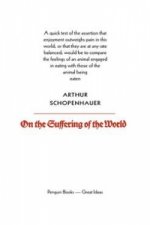
On the Suffering of the World
196 Kč -

Human Condition
511 Kč -

On the Shortness of Life
223 Kč -

Existentialism Is a Humanism
212 Kč -

Think
324 Kč -

Guide to the Good Life
434 Kč -
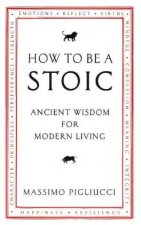
How To Be A Stoic
437 Kč -

The Symposium
233 Kč -

Human, All Too Human & Beyond Good and Evil
135 Kč -

At The Existentialist Cafe
358 Kč -

Undiscovered Self
708 Kč -
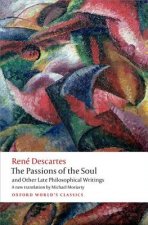
Passions of the Soul and Other Late Philosophical Writings
303 Kč -

The Trouble With Being Born
306 Kč -

Leviathan
136 Kč -
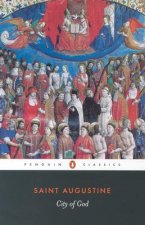
City of God
453 Kč -

Ecce Homo
249 Kč -
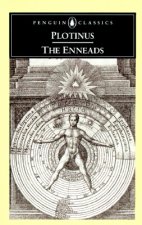
Enneads
381 Kč -

On Friendship
196 Kč
Osobní odběr Praha, Brno a 12903 dalších
Copyright ©2008-24 nejlevnejsi-knihy.cz Všechna práva vyhrazenaSoukromíCookies



 Vrácení do měsíce
Vrácení do měsíce 571 999 099 (8-15.30h)
571 999 099 (8-15.30h)